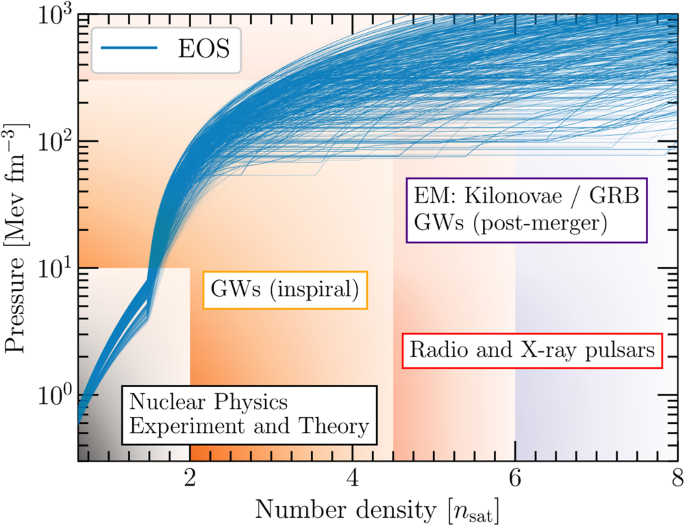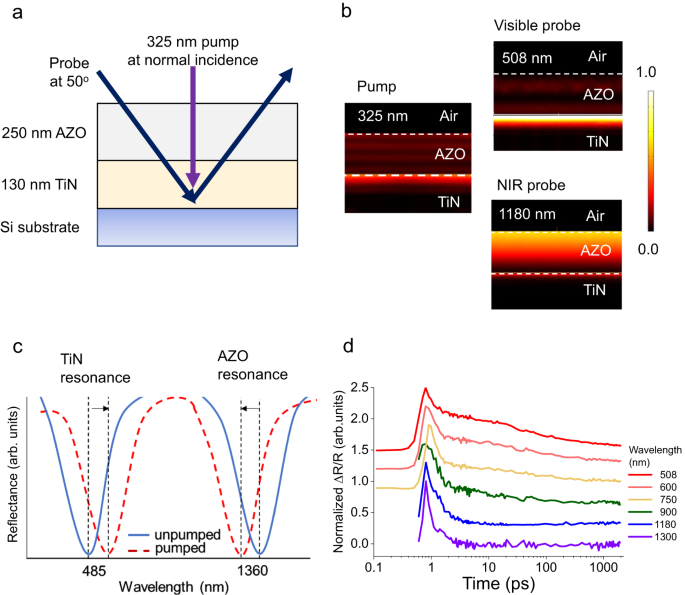2023-12-21 NASA
◆新しい海洋生物地球化学モデルを使用し、20年以上にわたるデータをシミュレーション。マッケンジー川の淡水放流が北極海で強烈なCO2放出を引き起こし、年間約0.13百万メトリックトンのCO2が大気中に放出されている。気温上昇による北極の変化やCO2放出の季節変動に焦点を当て、北極周辺の環境変化を理解する上での洞察が得られている。
<関連情報>
- https://www.nasa.gov/earth/climate-change/as-the-arctic-warms-its-waters-are-emitting-carbon/
- https://agupubs.onlinelibrary.wiley.com/doi/10.1029/2022GL102377
生物地球化学的河川流出が北極海沿岸の激しい二酸化炭素排出を促進する Biogeochemical River Runoff Drives Intense Coastal Arctic Ocean CO2 Outgassing
C. Bertin, D. Carroll, D. Menemenlis, S. Dutkiewicz, H. Zhang, A. Matsuoka, S. Tank, M. Manizza, C. E. Miller, M. Babin, A. Mangin, V. Le Fouest
Geophysical Research Letters Published: 15 April 2023
DOI:https://doi.org/10.1029/2022GL102377

Abstract
Arctic warming alters land-to-sea fluxes of nutrients and organic matter, which impact air-sea carbon exchange. Here we use an ocean-biogeochemical model of the southeastern Beaufort Sea (SBS) to investigate the role of Mackenzie River biogeochemical discharge in modulating air-sea CO2 fluxes during 2000–2019. The contribution of six biogeochemical discharge constituents leads to a net CO2 outgassing of 0.13 TgC yr−1, with a decrease in the coastal SBS carbon sink of 0.23 and 0.4 TgC yr−1 due to riverine dissolved organic and inorganic carbon, respectively. Years with high (low) discharge promote more CO2 outgassing (uptake) from the river plume. These results demonstrate that the Mackenzie River modulates the capacity of the SBS to act as a sink or source of atmospheric CO2. Our work suggests that accurate model representation of land-to-sea biogeochemical coupling can be critical for assessing present-day Arctic coastal ocean response to the rapidly changing environment.
Key Points
- Mackenzie River biogeochemical discharge decreases the southeastern Beaufort Sea carbon sink
- Terrestrial dissolved inorganic carbon (DIC) is the primary driver of outgassing events in the SBS, followed by terrestrial DOC
- Interannual variability in river discharge modulates localized air-sea CO2 flux
Plain Language Summary
We modeled the discharge of freshwater and six biogeochemical constituents from the Mackenzie River into the southeastern Beaufort Sea to study their impact on ocean-atmosphere carbon dioxide (CO2) fluxes during 2000–2019. We find that biogeochemical constituents from river runoff promote CO2 outgassing to the atmosphere in the river plume region. Dissolved inorganic carbon is the main contributor to this phenomenon, with river discharge events driving pulses of intense CO2 outgassing during ice-free periods. Our results show that the capacity of the SBS to act as an atmospheric CO2 sink or source is strongly related to interannual variability in biogeochemical river discharge. Our results highlight the increased coupling of Arctic land-ocean biogeochemical systems under rapid environmental changes.



